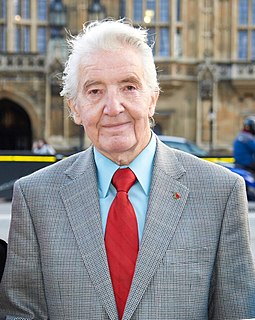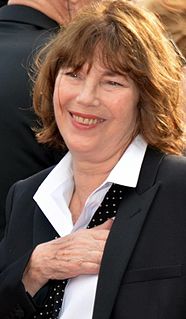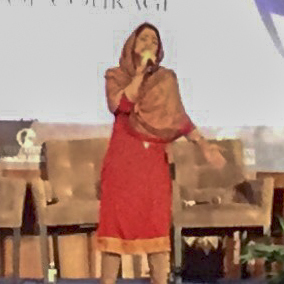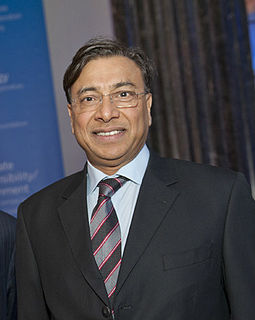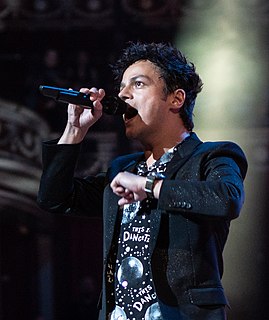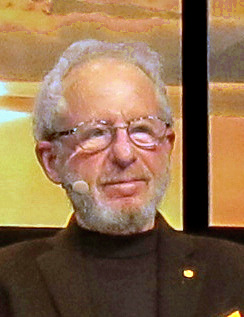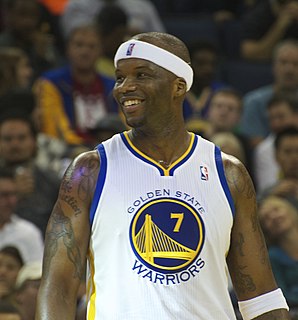A Quote by Robert Winston
My father died when I was nine, but I came from a stable family environment, which I think does contribute to being well-behaved.
Quote Topics
Related Quotes
I spoke to my father - my father's from Pakistan and he's also a lawyer - I said to him, "Well what does the Shari'a say?" And he said, "Well, of course it doesn't justify suicide bombs," but he didn't seem to know where the Shari'a came from or what it was all about. The more I asked people in my family as well as friends, the more I realized that there seemed to be widespread ignorance in the Muslim community. And that's something which I actually found to be the case over the next two and a half, three years I spent writing the book.
When my father died, my mother came back from being Mrs. Birkin to being Judy Campbell. She was a stunning actress. She came out of her shell. She was herself again: this very independent, funny, intellectual lady - and was able to perform again, which was her life before meeting my father squashed it out.
My family background really only consists of my mother. She was a widow. My father died quite young; he must have been thirty-one. Then there was my twin brother and my sister. We had two aunts as well, my father's sisters. But the immediate family consisted of my mother, my brother, my sister, and me.
My father died at 42, of a heart attack. My mother was 32 then. She never wanted to be a victim. And that really resonated as a nine-year-old child. And one of the most revealing things was, very soon after my father died - he was in real estate and he owned some modest buildings - they came to my mother, the men that worked for him, and they said, "You don't have to worry. We will run the business and we will take care of you." And my mother said, "No, you won't. You will teach me how to run the business and I will take care of it and my children."
We didn't really grow up in a gendered environment. We didn't have a hierarchy. My family is fearless. They truly believe that they have something to contribute to society and that it is an obligation as humans. I try to embed in my children that they have something to contribute. And that you give because you have to, not to be appreciated.



